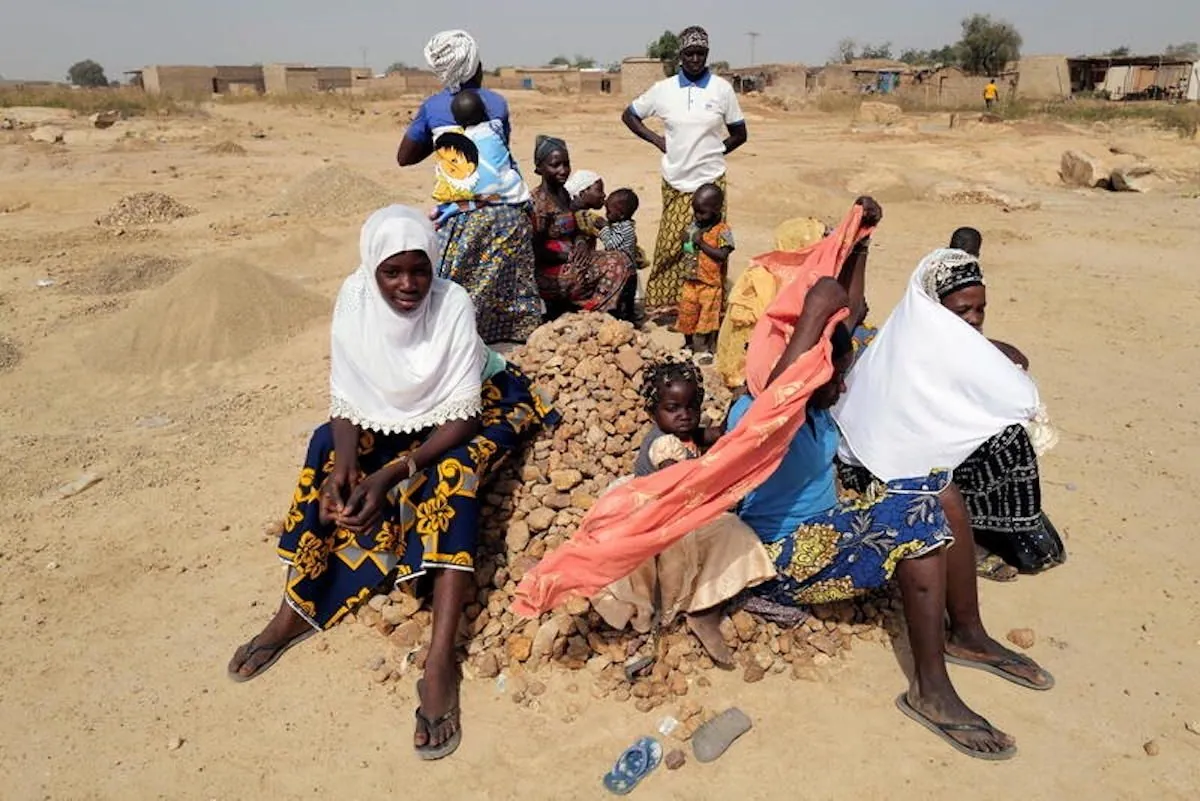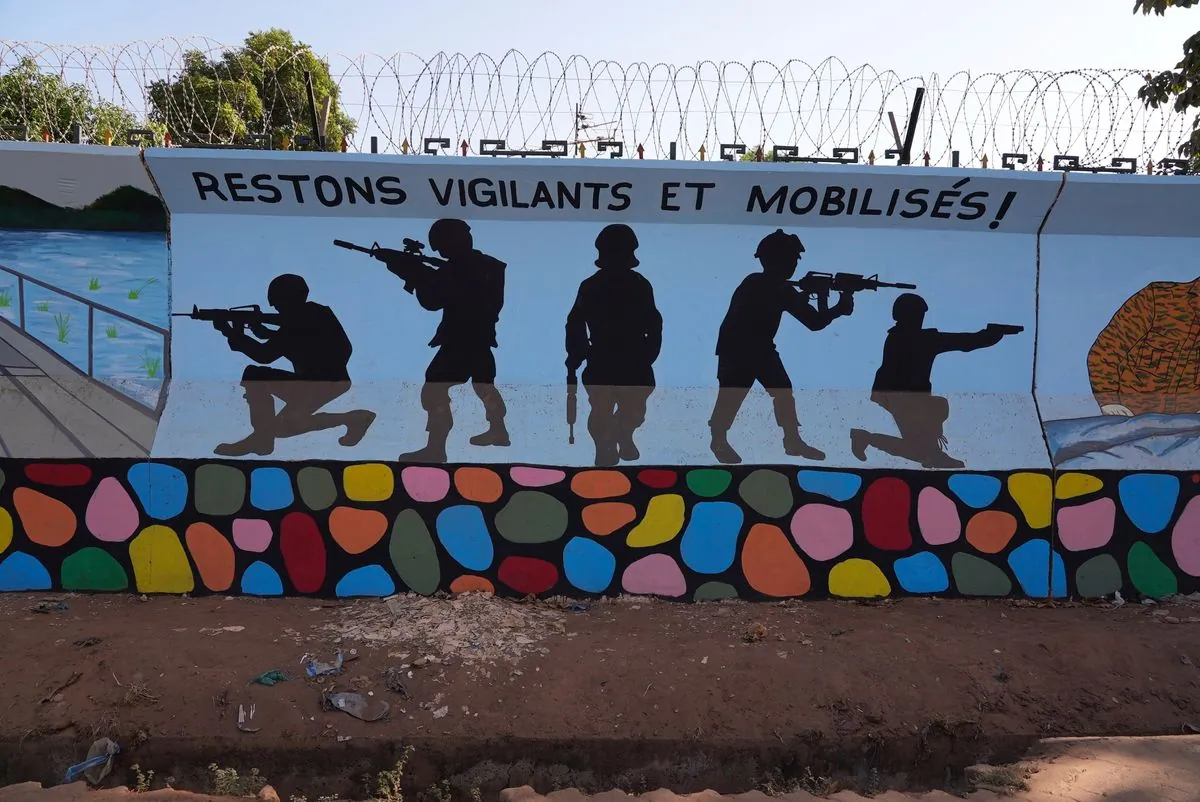Sahel's Local Journalists Face Mounting Risks Amid Regional Turmoil
Media freedom group reports increased dangers for Sahel journalists. Recent military coups and extremist attacks have worsened security, with rising civilian casualties and media restrictions.

The Sahel region of Africa, a vast semi-arid belt stretching from Senegal to Sudan, is experiencing escalating security challenges that are significantly impacting local journalists. This area, home to over 150 million people and known for its rich cultural diversity, is currently grappling with a complex web of issues ranging from political instability to environmental crises.
Reporters Without Borders has recently highlighted the growing risks faced by media professionals in the region. Since November 2023, at least two community radio journalists have lost their lives, while two others were abducted by armed groups in Mali and Chad. These incidents underscore the deteriorating security situation in a region already beset by numerous challenges.
Anne Bocandé, Editorial Director of Reporters Without Borders, emphasized the critical role of local journalists:
"These crimes illustrate once again the deteriorating security context in which journalists in the Sahel are working. They are still present in these territories, to which no other information professional has access any more."
The Sahel's recent history has been marked by political upheaval, with military coups occurring in Mali, Niger, and Burkina Faso. These nations, now under military rule, initially promised enhanced security for their citizens. However, the reality has been quite different. Security analysts report a worsening situation, with record numbers of attacks and civilian casualties attributed to both Islamic fighters and government forces.
In the first half of 2024, the Armed Conflict Location and Event Data Project recorded 3,064 civilian deaths due to violence in the region, marking a 25% increase from the previous six-month period. This surge in violence occurs against a backdrop of longstanding challenges, including desertification, food insecurity, and rapid population growth.
The ruling military juntas have not only failed to improve security but have also intensified restrictions on media freedom and political dissent. Mali has prohibited media coverage of political party activities, while Burkina Faso suspended BBC and Voice of America broadcasts following their reporting on a mass civilian killing by government forces. In a particularly alarming development, at least three journalists in Burkina Faso vanished under suspicious circumstances in June 2024.

These events are unfolding in a region rich in natural resources and cultural heritage. The Sahel boasts significant uranium deposits, particularly in Niger, and has been home to powerful pre-colonial empires like the Mali Empire. Timbuktu, once a major center of Islamic learning, stands as a testament to the region's historical importance.
Despite its challenges, the Sahel holds immense potential. It's a crucial migratory route for birds between Europe and Africa and possesses some of the world's highest solar energy potential. Initiatives like the Great Green Wall aim to combat desertification and promote sustainable development.
As the Sahel continues to navigate these turbulent times, the role of local journalists in providing accurate information remains crucial. Their work, despite the risks, is essential for understanding and addressing the complex issues facing this vital African region.


































